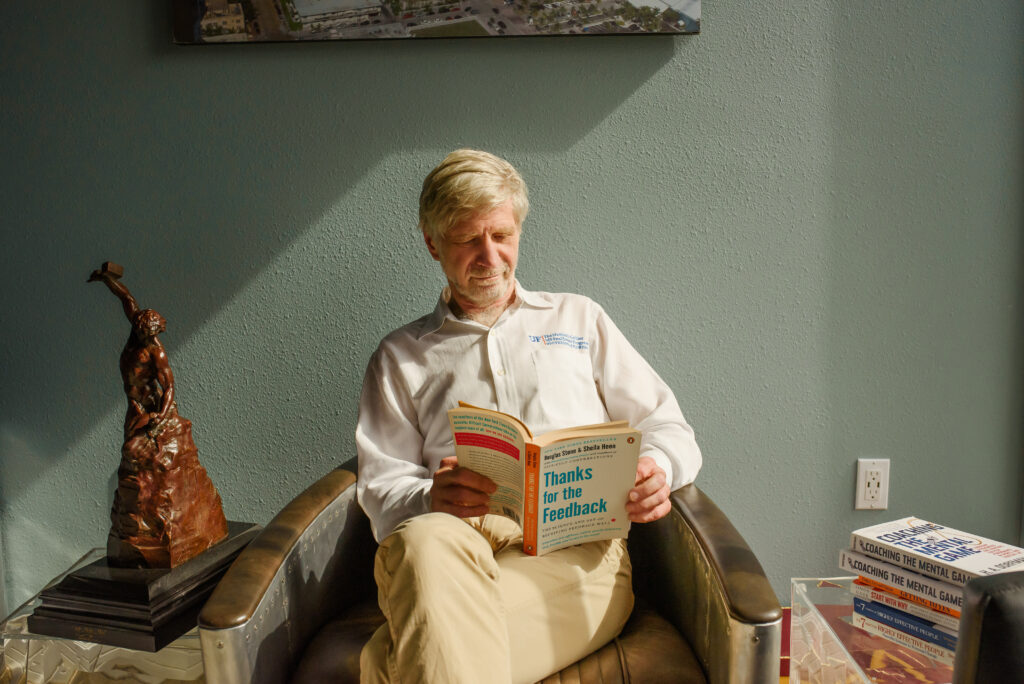One of the worst “gifts” of traditional economics to our culture was the idea the rational man—a cool, calm, calculating machine whose analytical thought process drives markets to price goods, services, and stocks to perfection. As the emerging field of behavioral economics has shown, no such rational man exists, individually or collectively.
We are so much more emotional in our decision making than we would like to believe. Context, presentation, recent events, and mood all play a huge and often unrecognized role in our decisions. And yet we frequently make decisions with long-tail consequences while under the sway of fickle, short-term emotions.
Knowledge and awareness of the strength of such emotional factors (see footnote) is the key to better decision making on high-impact, long-term decisions. The old adage, “sleep on it,” is still the best ever decision-making advice.
Closing quotes:
“Form the habit of making decisions when your spirit is fresh…to let dark moods lead is like choosing cowards to command armies.” — Charles Horton Cooley; 1864–1929, American sociologist
“Life is just an endless chain of judgments…The more imperfect our judgment, the less perfect our success.” — B. C. Forbes; 1880–1954, founder of Forbes magazine
“A true history of human events would show that a far larger proportion of our acts are the result of sudden impulse and accident than of that reason of which we so much boast.” Peter Cooper; 1791–1883, industrialist, inventor, philanthropist who designed and built the first steam locomotive in the U.S. He founded Cooper Union in New York City, recognized today as one of the leading American colleges in the fields of architecture, engineering, and art
Footnote: Search results
“Researchers have shown that how much financial risk people are willing to take is associated with
– how an investment has been described to you
– whether you are feeling happy, sad, anxious, angry or disgusted
– how much money you had between the ages of 18 and 25
– whether, if you are a man, a woman recently touched you on the shoulder
– whether, if you are a woman, there are a lot of men in the room
– how well the market has done lately
– which country or culture you come from;
– how long ago you ate your last meal
– whether you smoke
– how much you weigh
– whether you put your feet up on a table when you were thinking about the risk
– whether at least 75 people have died in an airplane crash in the past three days
– whether the sun is shining
– how urgently you need to go to the bathroom
– where you got the money you are investing
– whether you smell a pleasant aroma before your decision
– how many positive adjectives were in an article you just rea;
– whether you have recently been embarrassed
– whether you consumed a sugared drink in the past 10 minutes
– what time of year it is
– whether your favorite soccer team won or lost the big game
– and so on.”
“Risky Business: The Quiz That Could Steer You Wrong,” by Jason Zweig, May 4, 2013, page B1 in the U.S. edition of The Wall Street Journal





